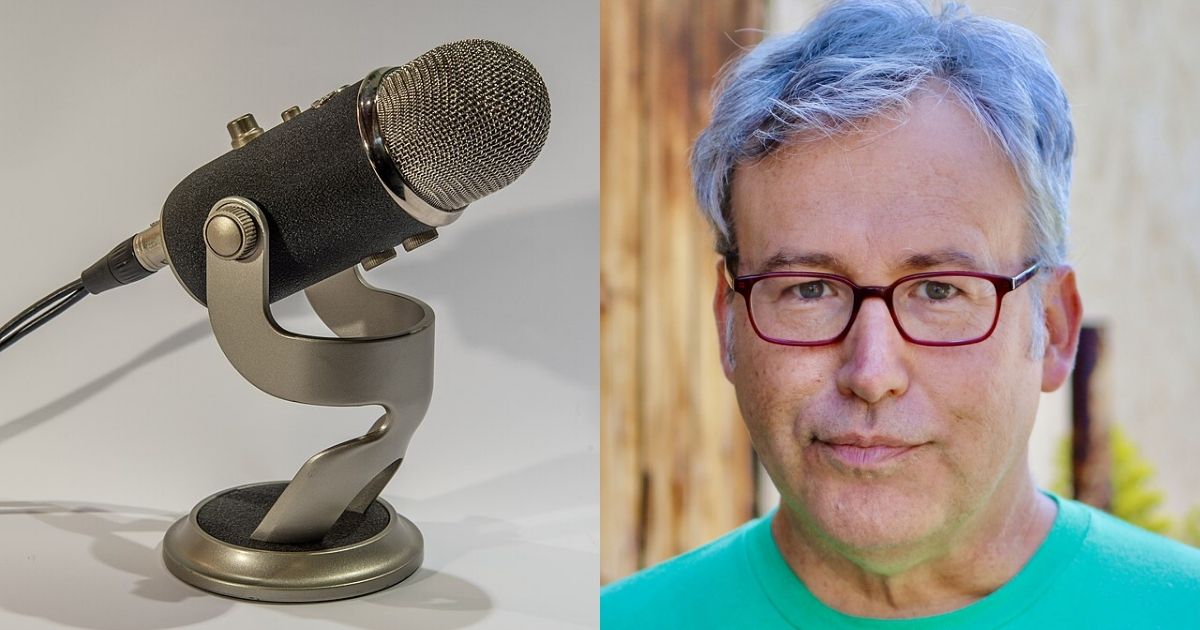Last week, Joe Guay received an email that hit him hard—his Canadian client was ending their agreement with him. The message was clear: they didn’t want to work with Americans anymore because of what’s happening in the world with the US. It said, “We still love the American people,” the email read, “but good luck.”
This sudden let-go surprised Joe, who does voiceovers that sound honest and professional. He had never faced something like this because of where he was from.
This choice was made because there’s been a lot of tension between the Donald Trump-led United States and its allies worldwide, primarily because of new taxes on goods and strong words from the people in charge of the country.
For Joe, losing this job isn’t just about money but how the world sees America now. This job was one-fifth of his income, so it’s a brutal hit. But even more than that, it’s sad for him to realize that his country’s actions can affect his work.
Guay’s experience is a good example of something happening more often: countries that used to be allied with the US now keep more to themselves regarding money and politics. Canada’s choice to avoid doing business with some Americans shows that people are getting fed up with how things are going in the US under its present leadership.
Joe Guay said, “The world has lost patience with us, even if we didn’t vote for Donald Trump.”
This feeling is part of a bigger picture, not just in one place. The US has been putting up trade barriers with taxes called tariffs and saying some not-so-nice things politically. This has upset countries that are usually friendly, like Canada and those in Europe and made things worse with countries that are more like rivals.
No!
The US is not being taken advantage of by Canada and Europe when it comes to Tariffs.
THAT’S A LIE.
The US, on average, charges just about the same on the average product imported from Canada and Europe as they charge us on our exports.
Don’t believe Trump’s lies! pic.twitter.com/tWCMymnhNC
— Ed Krassenstein (@EdKrassen) March 27, 2025
People who know a lot about money and economics are worried that this could lead to some serious problems in the long run. The US might sell less to other countries, and people might not trust American businesses as much anymore.
For Guay, the rejection hits him hard because it’s about the very thing he’s good at—that classic American voice that used to symbolize trust and optimism. In his line of work, voiceover artists need to be able to connect with all sorts of people from different backgrounds.
But these days, even countries like Canada, with whom we usually get along pretty well, are stepping back from using American voices because they don’t want to be linked to all the arguing and division in politics.
And then there’s the whole AI situation. It’s like the job market is changing right under our feet. Companies are increasingly using computers and machines for stuff that people used to do, like telling stories or editing things together.
The situation is more challenging for self-employed folks like Guay, who rely on their voice to make a living. If he doesn’t stay ahead of the game and learn new tricks, he might not be needed anymore.
this new audio-to-video AI is incredible..
Captions AI now can generate people from audio clips and.. their expressions and body movements match the tone perfectly.
this is the first in AI world
8 examples: pic.twitter.com/IupJvNsc7j
— el.cine (@EHuanglu) March 4, 2025
Guay’s story is becoming more and more common among Americans today. It shows us a trend growing as the world’s alliances change and the economy feels the impact.
Businesses that depend on working with others worldwide, like making things or growing food, are dealing with a more challenging situation because people want less of what the US offers. And it’s not just these types of businesses; even those who do creative work feel the effects of these international tiffs.
With friends turning into strangers and enemies growing bolder, how will the US manage in a world that seems to be leaving us behind? Guay says, “Blue state or red state, we’re all in the same bucket.”
But Guay isn’t giving up. He will keep pushing through and using his voice and writing to keep fighting. This situation reminds us that we must be more flexible, learn new things, or even change how we earn a living. It’s hard when you face rejection in your job, especially if you’re creative, but it can also be a chance to improve.
Guay’s experience is a sad story, but it also makes us think about what we can do. It shows that even though things are tough, he says: “Enough is enough. Someone has to take a stand.”
It’s a wake-up call for Americans to think about how we come across to the rest of the world and how to improve it.













